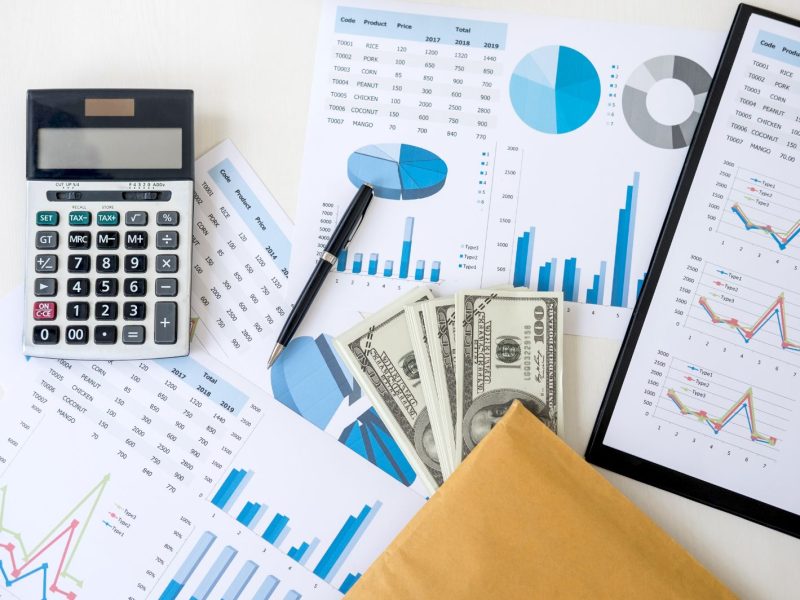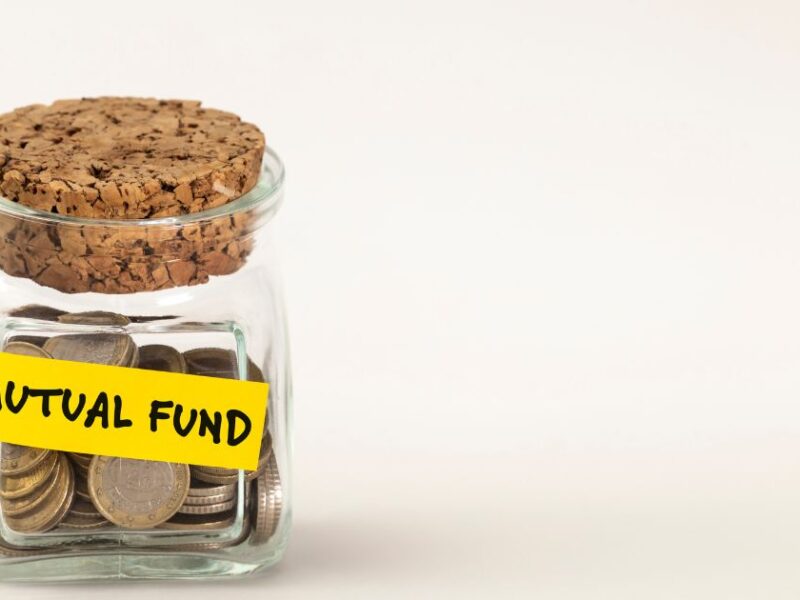Are you planning to sell a property but worried about paying a big chunk of your profits in taxes? Look no further than a 1031 exchange.
This little-known tax strategy allows you to postpone paying capital gains tax when selling a property by using the proceeds to purchase another property. Doing so can avoid a large tax bill and potentially upgrade to a larger or more profitable property.
However, rules and risks are involved, so it’s essential to understand the process and consult with a professional. Read on to learn more!
Table of Contents
What Is a 1031 Exchange?
A 1031 exchange is a way to postpone paying the capital gains tax when selling real estate. Instead of paying the tax right away, you can use the money from selling your property to buy a new property.
The new property has to be of equal or greater value than the property you sold. If you do this, you can postpone paying the tax until you sell the new property. Keep in mind that there are rules to follow in this exchange so it’s best to know the ins and outs of it to maximize its benefits and avoid wasting time and resources.
What Are the Requirements for This Exchange?
To do a 1031 exchange, you need to follow some rules. First, the properties involved in the exchange must be used for business or investment purposes. You can’t use it for your primary residence. Second, you have to use a qualified intermediary. This is a person or company that helps you with the exchange.
Third, you have to identify the new property you want to buy within 45 days of selling your old property. Lastly, you have to buy the new property within 180 days of selling your old property. Qualifying for a 1031 exchange can be complex, which is why many people turn to qualified intermediaries like Startanexchange.com for assistance.
What Are Its Benefits?
The biggest benefit of a 1031 exchange is that it allows you to postpone paying the capital gains tax. A tax break can be helpful if you need the money from selling your property to buy a new property. It can also be helpful if you want to avoid paying a lot of taxes in one year.
Additionally, this type of exchange allows you to “upgrade” your property. For example, if you sell a small apartment building and use the money to buy a bigger apartment building, you can increase your income potential.
What Are Its Risks?
There are some risks to doing a 1031 exchange. First, you have to find a new property to buy within 45 days. This can be difficult if you’re in a competitive market. Second, you have to buy the new property within 180 days. If you don’t, you could lose the tax benefits of the exchange.
Third, if you sell the new property later, you will still have to pay the capital gains tax. However, if you keep doing 1031 exchanges, you can keep postponing the tax.
Making the Most of Your Property Investments
A 1031 exchange is a way to postpone paying the capital gains tax when you sell a property. It can be helpful if you need the money from selling your property to buy a new property, or if you want to avoid paying a lot of tax in one year.
However, it can be potentially complicated, and benefit from the advice of knowledgeable attorneys and CPAs. Consider contacting one now to get started on your 1031 Exchange!
Found this article helpful? Please visit our blog daily for more great content!


